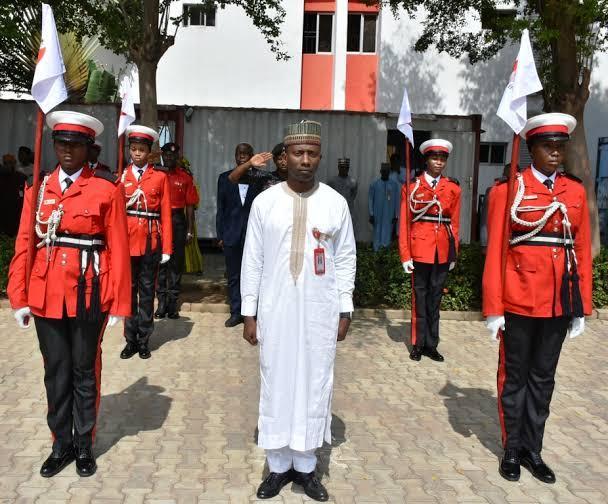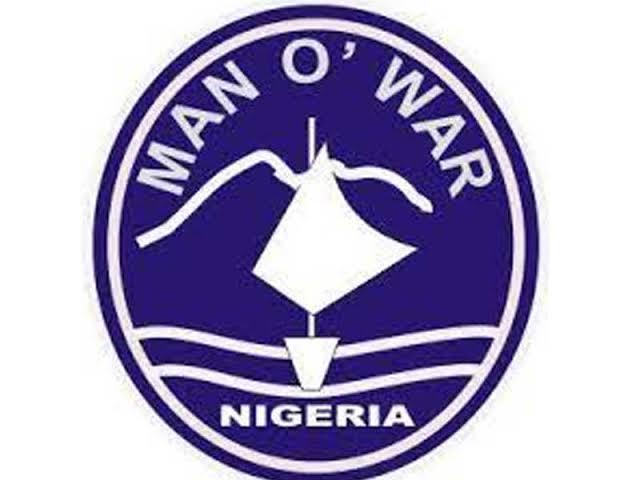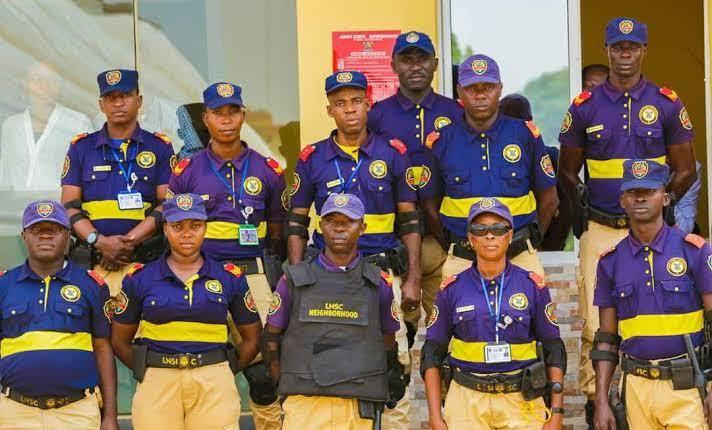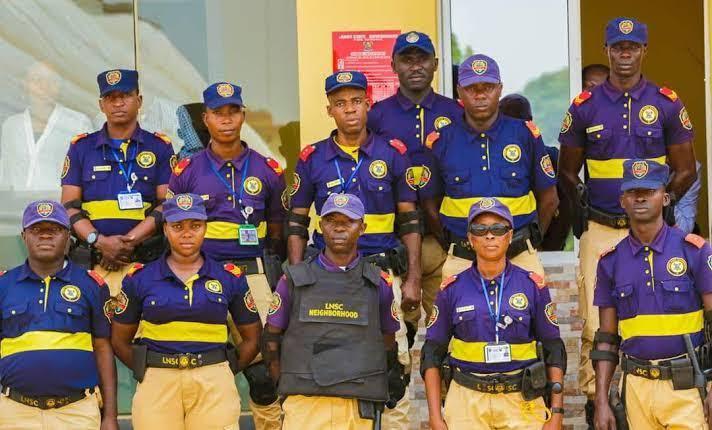Explore Our Bill Payment Services:

- Military And Defence
- Para-Military Guide
- Nigeria
Efcc Training Allowance & Duration In 2025: Official Guide
If you're planning to join the Economic and Financial Crimes Commission (EFCC) in 2025, one of the first things you should understand is the training phase — how long it takes and how much you're paid during the period.
This guide covers:
-
How long EFCC training lasts
-
The training allowance for SSCE, OND, HND & BSc holders
-
What to expect during the training
-
Locations and requirements for EFCC recruits
Let’s break it down step-by-step.
What is EFCC Training?
The EFCC training is a mandatory onboarding program for newly recruited officers. It prepares them physically, mentally, and professionally to serve as financial crime fighters.
The training is designed to:
-
Build discipline and fitness
-
Educate on Nigerian laws and financial crimes
-
Teach investigation, intelligence & prosecution techniques
-
Develop security and ethical standards
EFCC Training Duration in 2025
The EFCC training duration depends on the entry qualification and role. But on average:
| Category | Training Duration |
|---|---|
| SSCE / OND holders | 4 – 5 months |
| HND / BSc / PGD holders | 5 – 6 months |
| Legal, ICT, Cyber units | 6 months + extra 2 weeks specialization |
Training includes physical drills, classroom lectures, field simulations, and written assessments.
EFCC Training Allowance in 2025
All EFCC recruits receive a monthly training allowance during the training period. This amount is not equal to a full salary but is substantial enough to cover basic needs like food, transportation, and minor expenses.
Estimated Monthly Training Allowance:
| Qualification | Rank | Training Allowance (₦) |
|---|---|---|
| SSCE | Detective Assistant (DA) | ₦35,000 – ₦45,000 |
| OND | Detective Inspector (DI) | ₦45,000 – ₦55,000 |
| HND | Assistant Detective Sup. (ADS) | ₦60,000 – ₦70,000 |
| BSc / BA | Assistant Detective Sup. (ADS) | ₦70,000 – ₦80,000 |
| MSc / PGD | Detective Superintendent (DS) | ₦80,000 – ₦90,000 |
Allowance may slightly vary depending on location and training batch.
EFCC Training Centers in Nigeria
Currently, EFCC training is conducted in official training schools and sometimes in partnership with police and military academies.
Common EFCC Training Locations:
-
Nigerian Defence Academy (NDA), Kaduna
-
EFCC Academy, Karu-Abuja
-
Training annexes in Lagos or Enugu (for specialized units)
Training locations are communicated in the invitation letter after shortlist.
What Happens During EFCC Training?
During training, new officers go through:
Classroom Lectures:
-
EFCC Act and laws governing financial crimes
-
Basic investigation techniques
-
Digital and cybercrime procedures
-
Court processes and evidence handling
Physical Drills:
-
Daily fitness routines
-
Obstacle courses
-
Mental endurance training
Field Simulations:
-
Surveillance and undercover operations
-
Mock arrests
-
Evidence collection practices
Assessment:
-
Written exams
-
Physical performance grading
-
Interview and ethics evaluation
Certificate After Training
At the end of the program, successful candidates are:
-
Issued a training completion certificate
-
Officially commissioned into the EFCC
-
Posted to their first duty location or department
Frequently Asked Questions (FAQs)
1. Do EFCC trainees get paid during training?
Yes. Recruits receive a monthly allowance between ₦35,000 and ₦90,000, depending on qualifications.
2. How long is EFCC training?
Typically 4 to 6 months, based on entry level and specialization.
3. Where does EFCC training take place?
Training is often held at the EFCC Academy in Abuja, and sometimes at partner institutions like NDA Kaduna.
4. Is the EFCC training hard?
Yes. The training is intense, covering both academic and physical components. Discipline is enforced throughout.
5. Can I fail the EFCC training?
Yes. Trainees who fail exams or break rules may be dismissed before graduation.
Conclusion
The EFCC training in 2025 is not just about getting a job — it’s about transforming into an elite anti-crime officer. With a monthly allowance, structured curriculum, and hands-on exercises, EFCC training prepares you for one of Nigeria’s most respected law enforcement roles.
If you're selected for training, take it seriously. It could be the beginning of a lifelong career fighting corruption and restoring integrity to Nigeria.









